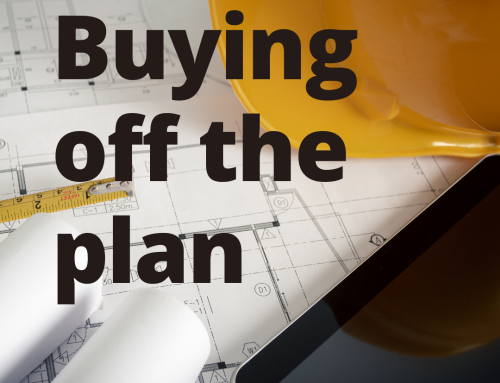 There are around 21,000 new businesses founded each year in Australia. And with a little over 2 million actively trading businesses country-wide in June 2014, there are plenty of good reasons to run your own small business.
There are around 21,000 new businesses founded each year in Australia. And with a little over 2 million actively trading businesses country-wide in June 2014, there are plenty of good reasons to run your own small business.
We often get approached by self-employed clients and prospects enquiring about their home loan opportunities. And whilst many banks have tightened their credit policies when it comes to the self-employed, with the right help, there are still plenty of options available.
What are some things you need to consider as a self-employed borrower?
Know your numbers
Your self-employed status does not have to impact negatively on your borrowing potential, although the amount of information you can supply will ultimately decide which products are available to you.
Lenders calculate how much they are willing to lend using a combination of:
- your credit score,
- salary (income) records, and
- their affordability calculations.
If you are self-employed, your overall income and financial situation may be more complicated, so it is important to establish a solid track record of low expenses and high income.
Build a good record
Requirements vary depending on the lender but, generally, self-employed borrowers will need both to have been in business and to have held an ABN for at least two years.
On top of the usual loan application documentation, lenders may also require you to produce BAS statements, tax returns, bank accounts and perhaps a declaration from your accountant. Being concise and providing correct and accurate information to the lender will increase your chances of a positive outcome.
Do your taxes and reduce debt
Keep your taxes up to date so you can always show your most recent income history. And make sure the tax assessments are paid. Self-employed applicants are more likely to have their tax portals checked for anything outstanding.
It’s also a good idea to eliminate or reduce your other (personal) debt. Lenders don’t just look at the balance, even if it’s zero – they count the limits on your credit cards and assess them as risk or funds you owe!
Understand your options
The good news is that lenders do have loans for self-employed people, contractors and business owners. In theory, self-employed borrowers have access to exactly the same range of mortgage products as everyone else. So long as you are able to put down the necessary deposit and substantiate your income, you have a good chance of getting an advantageous rate.
One option to consider is a Low Documentation (Low Doc) Home Loan. These are designed for self-employed customers and small business owners who may not have access to the financial statements and tax returns usually required when applying for a home loan.
“Low doc” simply means alternative forms of income confirmation (bank statements, financial statements etc) as opposed to PAYG slips and tax returns. With tax returns, we can also help you pursue a full documentation loan at standard rates.
Have a strategy
We recommend you consult with us, your mortgage broker, to formulate a plan for securing your loan well before buying your property. This allows you to build your serviceability based on expert advice and years of experience.
If you are self-employed, or know someone who is, and would like to learn more about your options, please get in touch with us on 0437 498 800.
Source: ABS





